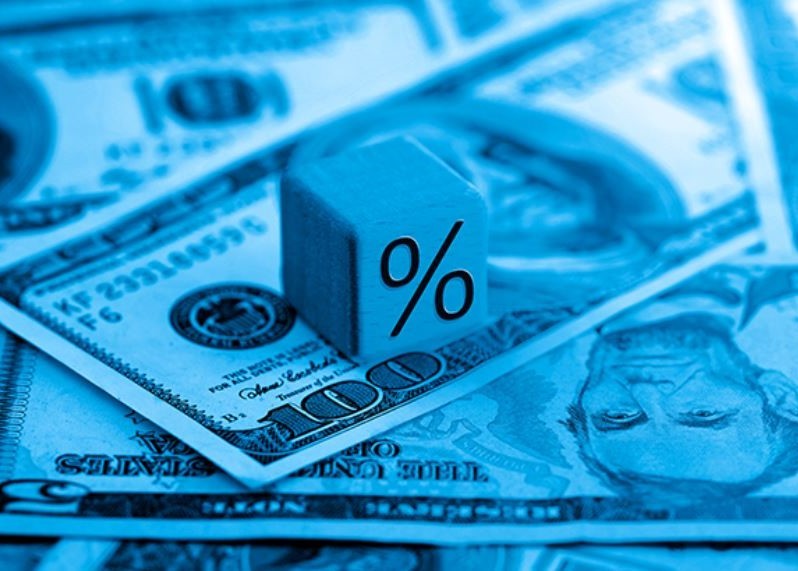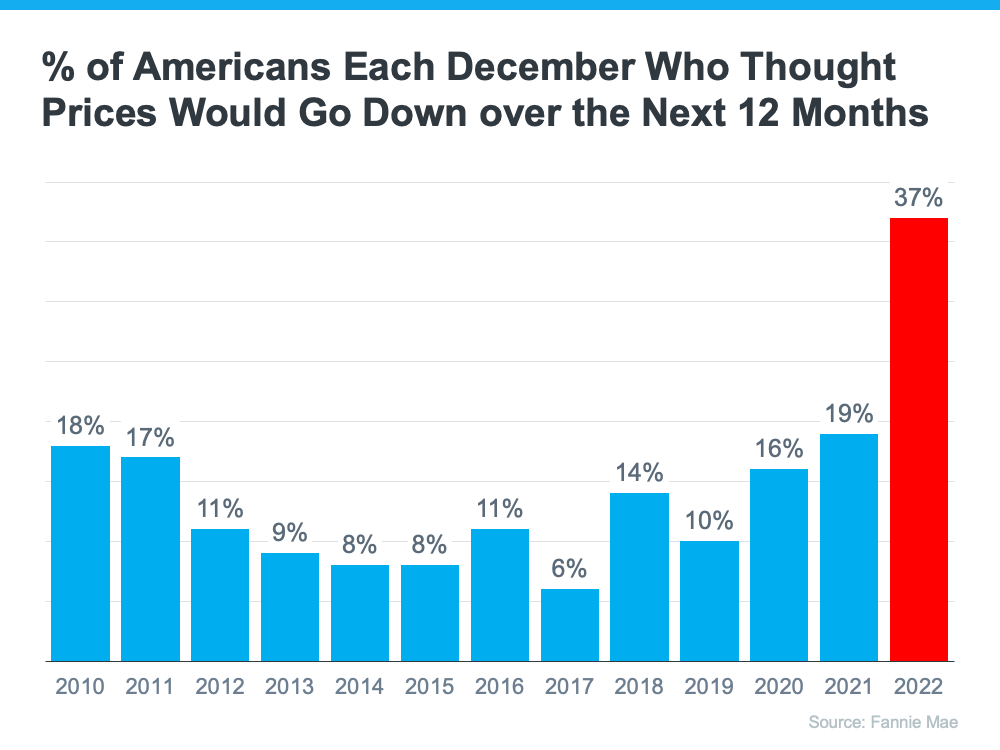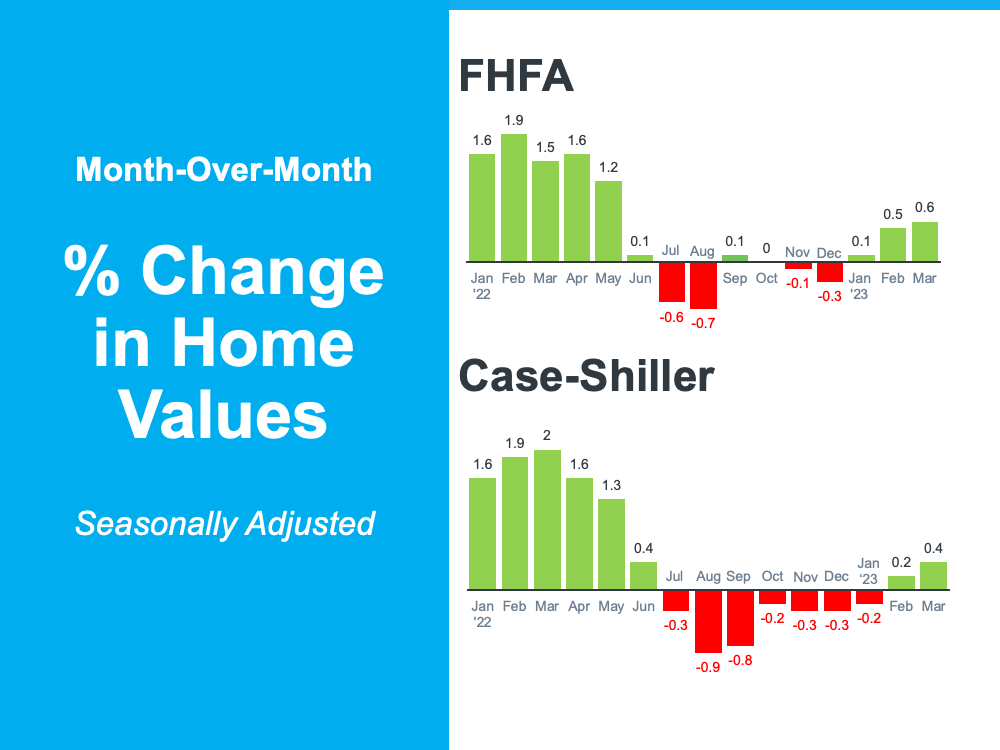
“Last year’s forecasts put doubt in the minds of many consumers about the strength of the residential real estate market.”
During the fourth quarter of last year, many housing experts predicted home prices were going to crash this year. Here are a few of those forecasts:
Jeremy Siegel, Russell E. Palmer Professor Emeritus of Finance at the Wharton School of Business:
“I expect housing prices fall 10% to 15%, and the housing prices are accelerating on the downside.”
Mark Zandi, Chief Economist at Moody’s Analytics:
“Buckle in. Assuming rates remain near their current 6.5% and the economy skirts recession, then national house prices will fall almost 10% peak-to-trough. Most of those declines will happen sooner rather than later. And house prices will fall 20% if there is a typical recession.”
“Housing is already cooling in the U.S., according to July data that was reported last week. As interest rates climb steadily higher, Goldman Sachs Research’s G-10 home price model suggests home prices will decline by around 5% to 10% from the peak in the U.S. . . . Economists at Goldman Sachs Research say there are risks that housing markets could decline more than their model suggests.”
The Bad News: It Rattled Consumer Confidence
These forecasts put doubt in the minds of many consumers about the strength of the residential real estate market. Evidence of this can be seen in the December Consumer Confidence Survey from Fannie Mae. It showed a larger percentage of Americans believed home prices would fall over the next 12 months than in any other December in the history of the survey (see graph below). That caused people to hesitate about their homebuying or selling plans as we entered the new year.
The Good News: Home Prices Never Crashed
However, home prices didn’t come crashing down and seem to be already rebounding from the minimal depreciation experienced over the last several months.
In a report just released, Goldman Sachs explained:
“The global housing market seems to be stabilizing faster than expected despite months of rising mortgage rates, according to Goldman Sachs Research. House prices are defying expectations and are rising in major economies such as the U.S.,. . . ”
Those claims from Goldman Sachs were verified by the release last week of two indexes on home prices: Case-Shiller and the FHFA. Here are the numbers each reported:
Home values seem to have turned the corner and are headed back up.
Bottom Line
When the forecasts of significant home price appreciation were made last fall, they were made with megaphones. Mass media outlets, industry newspapers, and podcasts all broadcasted the news of an eminent crash in prices.
Now, forecasters are saying the worst is over and it wasn’t anywhere near as bad as they originally projected. However, they are whispering the news instead of using megaphones. As real estate professionals, it is our responsibility – some may say duty – to correct this narrative in the minds of the American consumer.
To view the original article, visit Keeping Current Matters.
How to Make a Winning Offer on a Home
A real estate professional should be the expert guide you lean on for advice when you’re ready to make an offer. Let’s connect today to make sure you’re headed in the right direction.
Will the Housing Market Bloom This Spring?
Here’s what a few industry experts have to say about the housing market and how it will bloom this season.
6 Simple Graphs Proving This Is Nothing Like Last Time
In 2020, real estate had one of its best years ever. Home sales were up over the year before. Find out why it’s different from 2008.
How Upset Should You Be about 3% Mortgage Rates?
Being upset that you missed the “best mortgage rate ever” is understandable. Buying now still makes more sense than waiting!
5 Reasons to Sell Your House This Spring
Sellers are driving the market right now so if you’ve considered making a move but have been waiting for the right market conditions, your wait may be over.
Home Prices: What Happened in 2020? What Will Happen This Year?
Home price appreciation will be strong this year, but it won’t reach the historic levels of 2020.







